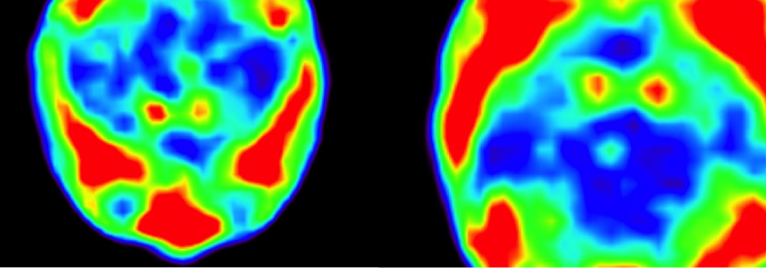Muenster. For the first time scientists from the University of Münster could show that multiple sclerosis (MS) alters the energy metabolism of T cells during acute phases of disease exacerbation. Therapeutic interventions targeting the metabolism of activated T cells display new potential avenues for treatment of patients with MS affecting around 250,000 people in Germany. The results of the study have recently been published in the renowned journal Science Translational Medicine. In a clinical trial, the authors investigated the effects of the MS drug teriflunomide in patients and analyzed its effects on immune cells. They could reveal that the drug specifically interferes with the energy metabolism of T cells and thereby preferentially affects highly active immune cells. “The drug specifically interferes with the activation of these cells already in the early initiation phase”, explains Luisa Klotz, first author of the article and principal investigator at the DFG-funded collaborative research centre 128 “Multiple Sclerosis”. Science Translational Medicine doi: 10.1126/ scitranslmed. aao5563.

















